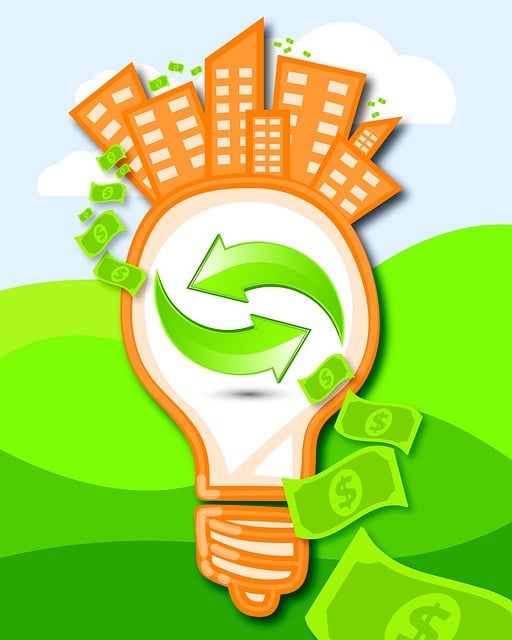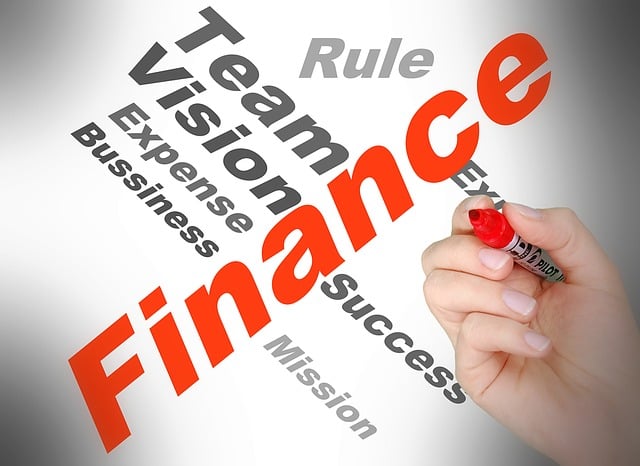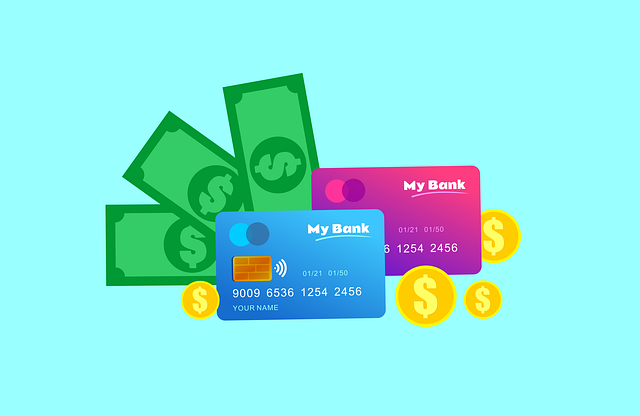Credit scores heavily influence loan eligibility and interest rates, impacting access to financing. In financial crises, understanding credit scores is crucial for solutions like loan consolidation, debt reduction plans, and emergency debt assistance. Loan consolidation options combine multiple debts into one with lower rates, simplifying repayment. Debt settlement programs negotiate with creditors for reduced balances, though suitability varies. Effective debt reduction plans, tailored with a financial advisor, allow individuals to regain control over finances and work towards rebuilding creditworthiness through loan consolidation. Repaying debts and adopting responsible spending habits significantly boost credit scores over time.
Struggling with poor credit? You’re not alone. Understanding how credit scores impact your loan options is the first step towards financial freedom. This article explores five powerful strategies to navigate loans despite low credit: from consolidating debts and crisis assistance to debt reduction plans and settlement negotiations. Discover how these solutions can help you regain control, improve your credit, and embark on a path to financial stability.
- Understanding Credit Scores and Their Impact on Loans
- Loan Consolidation Options for Poor Credit Scores
- Financial Crisis Solutions: Emergency Debt Assistance Programs
- Exploring Debt Reduction Plans: Strategies for Recovery
- Debt Settlement Programs: Negotiating with Creditors
- Steps to Improve Your Credit After Repaying Debts
Understanding Credit Scores and Their Impact on Loans

Credit scores are a numerical representation of your financial reliability and play a significant role in determining your loan eligibility and interest rates. They are calculated based on various factors, including repayment history, outstanding debt, length of credit history, new credit inquiries, and types of credit used. A poor credit score indicates to lenders that you may pose a higher risk for defaulting on loans. This can limit your access to traditional financing options and result in less favorable loan terms.
For individuals facing financial crises or struggling with high debt levels, understanding the impact of credit scores is crucial when seeking loan consolidation options, debt reduction plans, or emergency debt assistance. While a poor credit score may seem like an insurmountable obstacle, there are specialized debt settlement programs and financial crisis solutions available to help. These programs can provide a way out by negotiating with creditors on your behalf, offering more manageable repayment terms, and potentially reducing the overall amount of debt you owe.
Loan Consolidation Options for Poor Credit Scores

For individuals grappling with a low credit score and overwhelming debt, loan consolidation options can provide much-needed relief during financial crises. These solutions allow borrowers to combine multiple debts into a single loan, often with lower interest rates, making repayment more manageable. This strategic approach, which is also referred to as loans debt consolidation, can significantly simplify the debt reduction process, especially for those seeking emergency debt assistance.
Many financial crisis solutions involve debt settlement programs, where a third-party agency negotiates with creditors on your behalf to reduce the overall debt amount. While this may not be suitable for everyone, it offers a potential path to complete debt freedom. With careful consideration and guidance from experts, loan consolidation options can transform an individual’s financial outlook, enabling them to regain control over their finances and move towards a more secure future despite past credit challenges.
Financial Crisis Solutions: Emergency Debt Assistance Programs

Many individuals facing poor credit scores often find themselves in a financial crisis. Fortunately, there are various financial crisis solutions available to help navigate through these challenging times. One effective approach is loan consolidation options, which can simplify repayment and reduce monthly payments by combining multiple debts into a single loan with a lower interest rate.
Another powerful tool for debt relief is emergency debt assistance programs designed specifically to aid those in urgent need. These debt settlement programs offer negotiating services to help individuals reach agreements with creditors, potentially reducing the overall amount owed. By implementing debt reduction plans, people can take control of their financial situations and work towards a more stable future despite their credit score challenges.
Exploring Debt Reduction Plans: Strategies for Recovery

For individuals grappling with poor credit scores, exploring effective debt reduction plans is a crucial step towards financial recovery. One popular strategy is loan consolidation options, which involve combining multiple high-interest debts into a single loan with a lower interest rate. This simplifying approach makes repayment more manageable and can free up funds for other essential expenses. Many financial crisis solutions include debt settlement programs, where negotiators work to reduce the overall balance of your debts. While this might not be suitable for everyone, it offers the potential for significant savings.
Emergency debt assistance programs often provide much-needed relief during difficult times, offering temporary financial support and guidance. These initiatives can help individuals get back on track by providing resources for budgeting, credit counseling, and even loans debt consolidation services. Remember, each person’s financial situation is unique, so consulting with a financial advisor to tailor a debt reduction plan that aligns with your specific goals and challenges is highly recommended.
Debt Settlement Programs: Negotiating with Creditors

Debt settlement programs offer a strategic approach to tackling high-interest debts and improving one’s credit score. These programs involve negotiating with creditors on behalf of individuals or families struggling with loan debt consolidation. The process aims to reduce the overall amount owed by settling the debt for less than the original sum, providing much-needed relief during financial crises.
By enlisting the help of debt settlement professionals, borrowers can navigate complex conversations with lenders, credit card companies, and other creditors. These experts possess the knowledge and skills to advocate for lower interest rates, extended repayment periods, or even a partial waiver of fees and charges. Effective debt reduction plans can significantly ease financial burdens, allowing individuals to regain control over their finances and work towards rebuilding their creditworthiness.
Steps to Improve Your Credit After Repaying Debts

After repaying debts, improving your credit score is a crucial step to gain access to better loan options in the future. One effective way to boost your credit is through loan consolidation. This process involves combining multiple high-interest loans into one with a lower interest rate, making repayment more manageable. By consolidating, you simplify your debt repayment journey and make it easier to stick to a financial crisis solution.
Additionally, creating a comprehensive debt reduction plan can significantly enhance your creditworthiness. This entails prioritizing high-interest debts, cutting unnecessary expenses, and adopting responsible spending habits. Emergency debt assistance programs, such as those offering debt settlement or negotiation services, could also be beneficial. These programs aim to reduce the total amount owed, providing a fresh financial start. Remember, consistent repayment behavior and maintaining low balances on credit cards are key factors in repairing your credit score over time.







